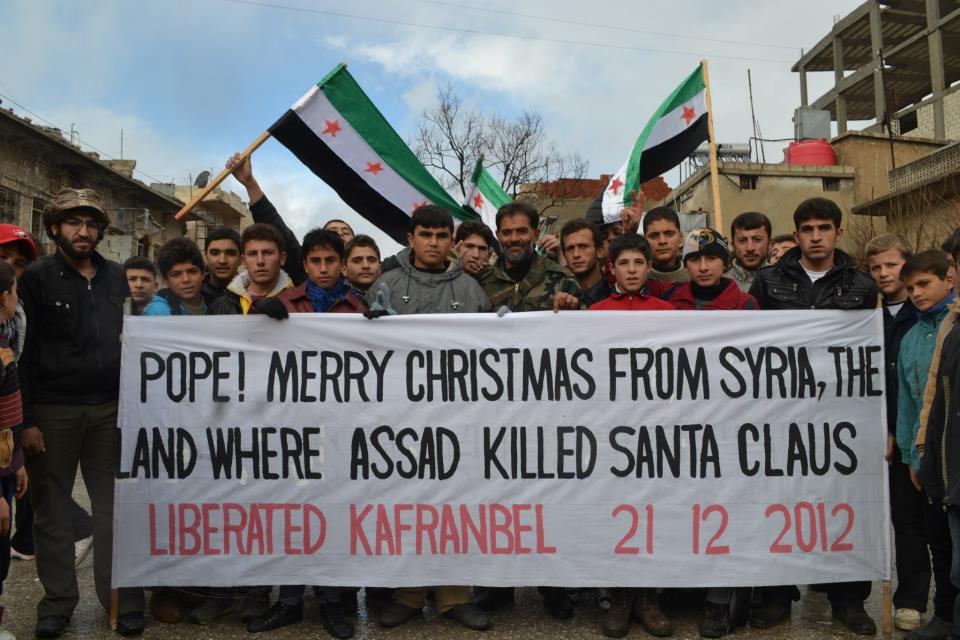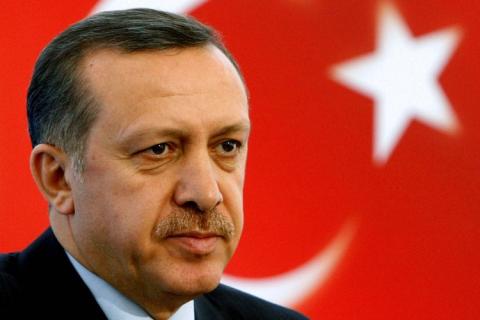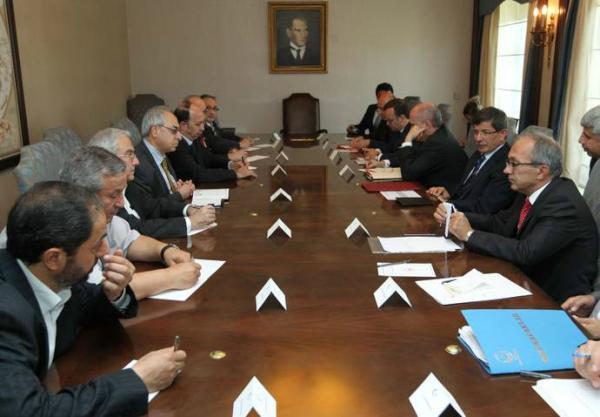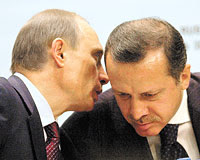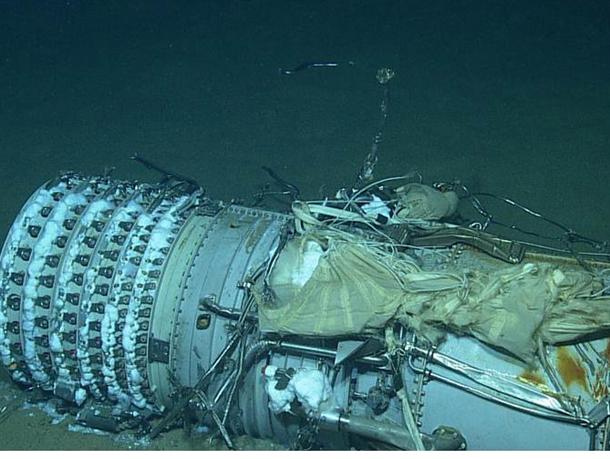Syria Today: Europe Lifts Arms Embargo on Insurgents
 Tuesday, May 28, 2013 at 14:48 |
Tuesday, May 28, 2013 at 14:48 |  James Miller in
James Miller in  EA Live,
EA Live,  EA Middle East and Turkey,
EA Middle East and Turkey,  Middle East and Iran
Middle East and Iran Head of Free Syria Army Threatens Attacks on Hezbollah in Lebanon
The Free Syrian Army's Chief of Staff, General Salim Idriss, has warned, "If the attacks of Hezbollah against Syrian territory do not stop within 24 hours, we will take all measures to hunt Hezbollah, even in hell."
Idriss continued with the threat to intervene in Lebanon, where Hezbollah is based, "I will no longer be bound by any commitments I made, if a decision to stop the attacks...is not taken and implemented," said Idriss.
Idriss said, "We are being subjected to a genocide conducted by Hezbollah," and, without giving details of specific operations said he hoped "that everyone will excuse the Free [Syrian] Army" for retaliating.
The principle sticking point involves voting. Existing members of the coalition insist that the inclusion of new members must be based on balloting by existing members only. But this would change little in a monopoly that was made possible by interference from regional countries to begin with, rather than based on consensus among Syrian opposition. The existing members were not chosen by the people to decide whether certain opposition figures should be members or not.
The second issue is the "blocking third", or the veto power held by a third of the members. This idea was advanced by the coalition's secretary general, Mustafa Al Sabbagh, and was clearly meant to maintain the monopoly of the current core group within the coalition.
Hassan argues that this stalemate may cripple the group, and will only fuel the stalemate seen on Syria's battlefields.
On the other hand, The Atlantic's Shadi Hamid argues that the political stalemate can only be solved by progress on the battlefield, and that progress has not happened because the international community is waiting for a unified leadership that will likely never occur:


